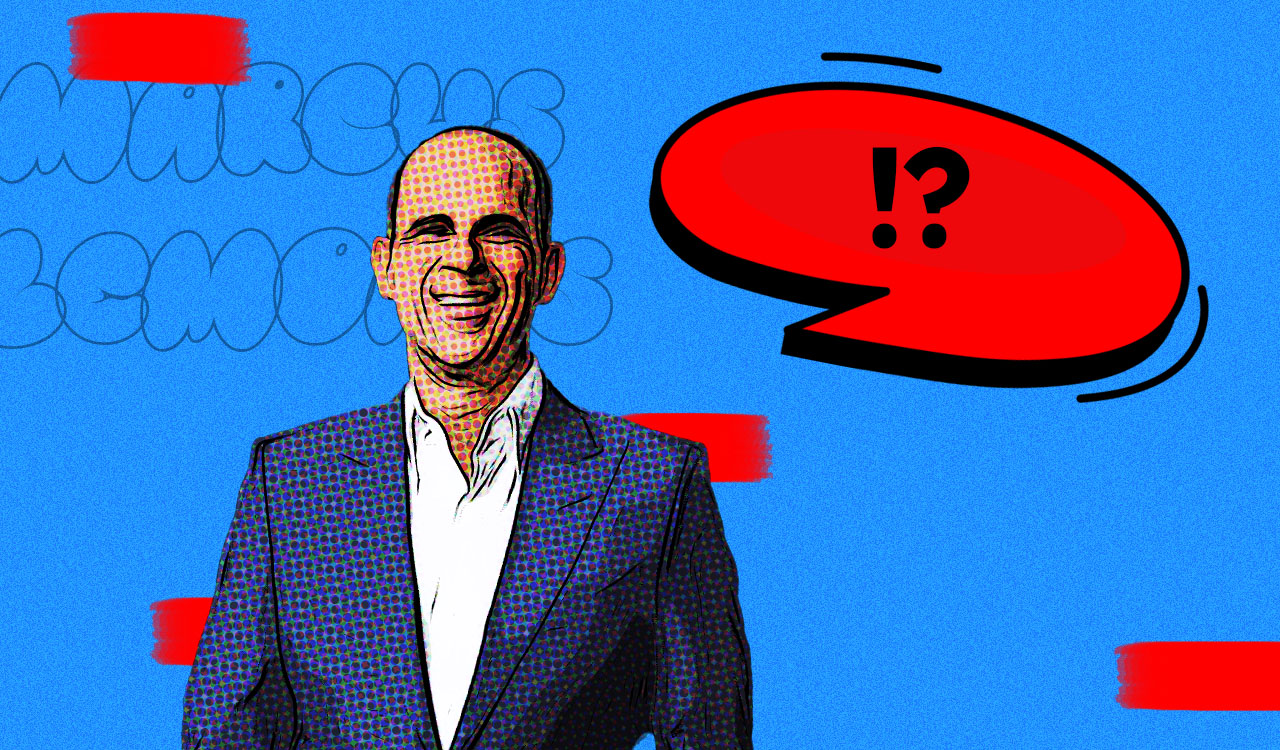When Covid-19 first hit the U.S., the effects were fast and furious, affecting all sectors of the economy in 2020. Those who were self-employed and working dropped by 20 percent between April 2020 and April 2019. But the pandemic also spurred entrepreneurism. The country saw more than 900,000 retail business formation applications in 2021, according to the U.S. Census Bureau. It also saw nearly 111,000 applications for wholesale businesses and more than 77,000 manufacturing applications.
Small Business Renaissance
The good news: Americans want to actively support small business, according to the U.S. Chamber of Commerce. A December 2021 Quickbooks report found that 57 percent of U.S. shoppers planned to spend more money at small businesses over the next six months because they “want to help local employers” and “enjoy the stellar customer service they get.”
You don’t need more experience or notoriety. You don’t need to be a non-profit. The number one reason why a company would want to sponsor a small business is influence.
That meshes with the 52 percent of consumers who say they’ve been spending more at local businesses such as boutique shops since the start of the pandemic, according to Cotton Incorporated’s 2021 Coronavirus Response Consumer Survey, Wave 9, (December 8, 2021). Further, 60 percent expect to spend more on clothing in the next few months, and 54 percent expect to spend more at small businesses.
That’s reasonable, considering even though the omicron variant was surging in December, 22 percent of U.S. consumers said they were specifically planning to do in-store holiday shopping on Small Business Saturday/Local Saturday, according to the Coronavirus Response Survey (Wave 9). And a Google-commissioned Ipsos poll found that over the course of the entire holiday period, 60 percent of consumers planned to shop more at local small businesses.
Apart from the Crowd
With all the expected newcomers to retail scene, the question becomes how one stands out from the crowd to not just survive, but also achieve true success. Over the holidays, Google rolled out a rebrand of its Google My Business with its new Google Business Profile. The tech giant’s aim is to help local businesses engage with shoppers. Strategies include messaging consumers directly from Search, showing shoppers what’s available with an “in stock” filter that connects with a store’s point of sale system, as well as promoting their location through Local campaigns across Google Maps, Search, Display, or YouTube.
Another strategy for small businesses comes from Worstofall Design’s Pia Silva, partner and brand strategist at the brand building firm, who says giveaways can help a business – significantly.
“When you offer to give something away for free, ears tend to perk up,” Silva says in a Forbes article, adding, “When your audience knows that your business sometimes gives away products and services for free, they are far more likely to check in from time to time. If what you offer is true quality and will impress an audience, then the best thing you can do is get it out on the streets and into people’s hands. Their reviews will build momentum for your brand and their recommendations to friends will convert sales at a higher rate than even your best marketing campaigns. It’s a strategy that will generate social media engagement, give your brand the microphone to sing their song and most importantly, get your name and product out where it can shine.”
The Small Store Edge
Even with what seems to be regular Covid surges, the majority of consumers (60 percent) still like to shop for clothes in physical stores, according to the Coronavirus Response Survey (Wave 9). Additionally, 40 percent have a stronger preference for shopping for clothes in brick-and-mortar locations compared to before the pandemic.
The Star Tribune newspaper recently highlighted the importance of being part of an independent business alliance, where store owners can meet, share “survival tips and strategies,” brainstorm promotions and offer each other moral support. It focused on a cluster of stores in downtown Zumbrota, MN, a small city of about 3,600.
“This [business alliance] was a huge thing once the pandemic hit, too,” Connie Hawley, owner of shoe store Luya, told the Star Tribune. “We shared information about grants, assistance programs. It was, ‘Hey, did you hear about this one? You should apply.”
Retailers and brands that have physical locations should consider adding a buy online/pickup in-store option, says Tina Orem, who covers small business and taxes at NerdWallet, a personal finance website.
“Brick-and-mortar small business retailers will shine as consumers learn that it’s often faster to go into the store or get curbside pickup than to wait days or weeks for deliveries from beleaguered shippers,” Orem states.
Small businesses can also offer gift cards to shoppers who just aren’t sure what to buy a recipient. Square, the financial services company, says customers spend 16 percent more on average when they shop online and in-store with its gift cards. Further advantages include getting money up front as well as bringing new customers into the store. Square offers e-gift cards that businesses can provide for free on their websites or in-store, in addition to plastic re-loadable cards that can be stocked on the store counter. The company says businesses can promote their brand by customizing their plastic or e-cards. Another advantage: Until the cards are redeemed the money stays in the store.
Creative Financing
Finally, one of the more unique courses of action is to find corporate sponsors for your business. The recent Small Business Expo featured a webinar with Linda Hollander, CEO of Sponsor Concierge, who outlined how small businesses can profit from sponsors. Armed with an industry standard sponsor proposal, she suggests businesses reach out to corporations like American Express, Microsoft, Citibank, and FedEx for sponsorships.
“You don’t need more experience or notoriety. You don’t need to be a non-profit. The number one reason why a company would want to sponsor you is influence,” Hollander said. “And as you grow your business, you’re going to have even more. So you could get sponsors if you’re just starting out — if you want money that you don’t have to pay back; if you have no experience and have those big dreams. Sponsorship is based on the value that you bring to a company.”
The Cotton Incorporated Lifestyle Monitor™ Survey is an ongoing research program that measures consumer attitudes and behaviors relating to apparel, shopping, fashion, sustainability, and more. For more information about the Lifestyle Monitor™ Survey, please visit https://lifestylemonitor.cottoninc.com/.
Cotton Inc. is a Robin Report Collaborative Partner.




